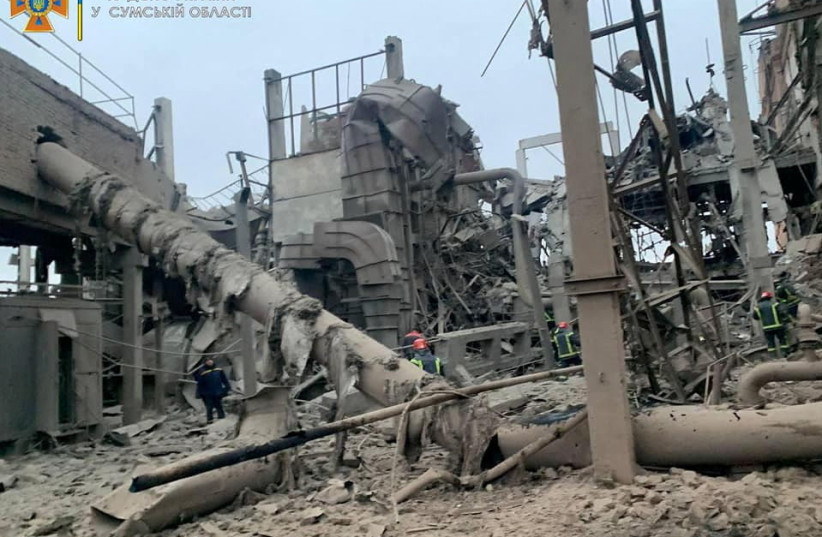Russian troops continue to advance slowly in Ukraine as the conflict moves inexorably towards its third week.
Russia entered Ukraine ostensibly to remove the government and parliament, which it accused of having staged a coup against the elected pro-Moscow president Viktor Yanukovych.
It wanted to replace it with some kind of compliant government and take over part of Ukraine as a kind of “near abroad” to keep the West further away from Moscow’s borders.
However, Russia’s goals continue to be elusive. Ukraine’s leadership has not been a pushover and Russia has to continue to commit troops and supplies to an expanding conflict.
Russia does not seem to have a clear goal now. When the troops stop moving forward, and Moscow declares victory, where will that new line be drawn?

Will Russia rest when it has taken Odessa and its claims to Kyiv. If that is the goal it may take a while to break down Ukraine’s increasingly confident defenders.
Russia had some element of surprise on its side. This is because, despite the warnings of war, Ukraine appeared not to have reinforced its defenses, to avoid provoking Moscow.
That has left large portions of Ukraine’s army on the Donbass front, enabling Moscow to race toward Kyiv. But now Russia must settle in for a siege war.
Russia can try to do to Ukraine what it did to Syria; go for a long drawn out conflict, slowly squeezing the resistance over the next decade. But Russia is already isolated in international forums. An open-ended conflict could be very bad for Moscow.
The problem Moscow faces is that Ukraine is not Syria. This isn’t some far-away land into which Russia can lob bombs and then walk away from, regardless of whether the local people like Russia or not.
Russia wants Ukraine inside its sphere of influence, but it is alienating the very population it claimed to be coming to protect.
In Moscow’s narrative Ukraine is being held hostage by pro-western “fascist” forces that were suppressing Russian-speaking Ukrainians.
Russia counted on these Russian-speakers in central, southern and eastern Ukraine to support its advance. But so far there is scant evidence of this support.
Russia’s bombing of cities also shows it no longer cares about grabbing Ukraine intact, but is prepared to wreck the country. How does a wrecked Ukraine on its doorstep help Russia?
These questions must haunt Moscow, even as it loses its connections with international business and sport.
Any belief that Russia’s unprovoked aggression harks back to the glory of the Soviet days or Czarist Russia is mistaken. This is because in those days Russia operated more pragmatically, building up its power slowly by swallowing up the “near abroad,” which included Ukraine, Belarus, the Baltics and Poland.
But Russia has now alienated a large number of countries through its behavior. This unpredictable invasion also suggests Moscow is not inclined to create stability, but rather to spread global chaos.
Even countries that are quietly siding with Russia or are more inclined to excuse its behavior, like China and India, may wonder whether an out-of-control Moscow helps their interests.
These are issues Moscow must weigh up as it enters a third week of war.
